What produces the odors associated with halitosis (bad breath)?
1 Answer
It is mostly due to Volatile Sulfur Compounds (VSCs).
Explanation:
Halitosis is the medical term for bad breath.
It is often a result of poor oral hygiene, smoking or consumption of strong smelling substances such as alcohol, garlic or onions.
Persistent bad breath may be a symptom of infection – such as sinusitis or certain lung disorders.
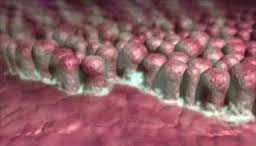
When halitosis is due to poor oral hygiene, the smell comes due to a buildup of bacteria in the mouth. The bacteria break down food particles present in the mouth and in doing so, release (often sulfurous and volatile) foul smelling substances.
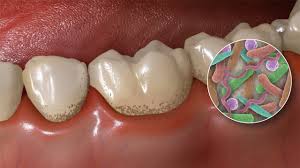
For example, the breakdown of cysteine and methionine (types of amino acid from the breakdown of protein) produce hydrogen sulfide and methyl mercaptan (both of which are smelly and sulfurous!).
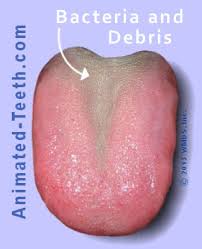
The tongue is a common place for bacteria to gather as it provides ideal conditions.
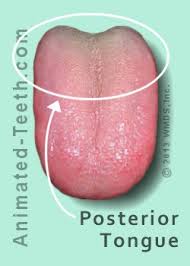
On the posterior dorsum ( bottom of the back of the tongue) portion it is dry, poorly cleansed and starved of oxygen -leading to anaerobic respiration (without oxygen). There is also a constant coating of food debris. This all leads to volatile sulfur compounds such as hydrogen sulfide, methyl mercaptan, Allyl methyl sulfide and dimethyl sulfide.
Similar processes occur in the spaces between teeth and gums where food gets stuck.
Other causes include:
Crash dieting - fasting or low carbohydrate diets cause the body to break fat supplies down into ketones to use instead of glucose. The ketones have a strong smell that is present in the mouth.
Medication - Nitrates (often used to treat angina), some forms of chemotherapy and tranquilizers can all cause bad breath.
Xerostomia - More commonly known as dry mouth, this condition is characterised by reduced saliva production, sometimes due to issues in the salivary glands or from breathing through the mouth instead of the nose. It means the mouth is dry and perfect for bacteria build up.
Other medical conditions - Such as bronchitis, bronchiectasis , respiratory infections sinusitis and diabetes
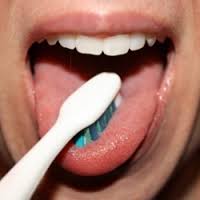
Ways to improve halitosis include practicing good oral hygiene, eating a healthy diet, avoiding volatile foodstuff, chewing sugarless gum, gargling with specialised mouthwashes, cleaning the tongue, reducing alcohol consumption, stopping smoking (if relevant), drinking plenty of water (to prevent a dry mouth) and, if the halitosis is due to a gastrointestinal problem, taking prescribed antibiotics.
I hope this helps! Let me know if I can do anything else:)
